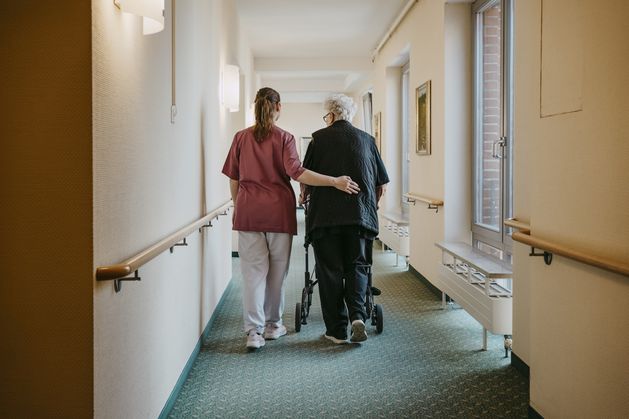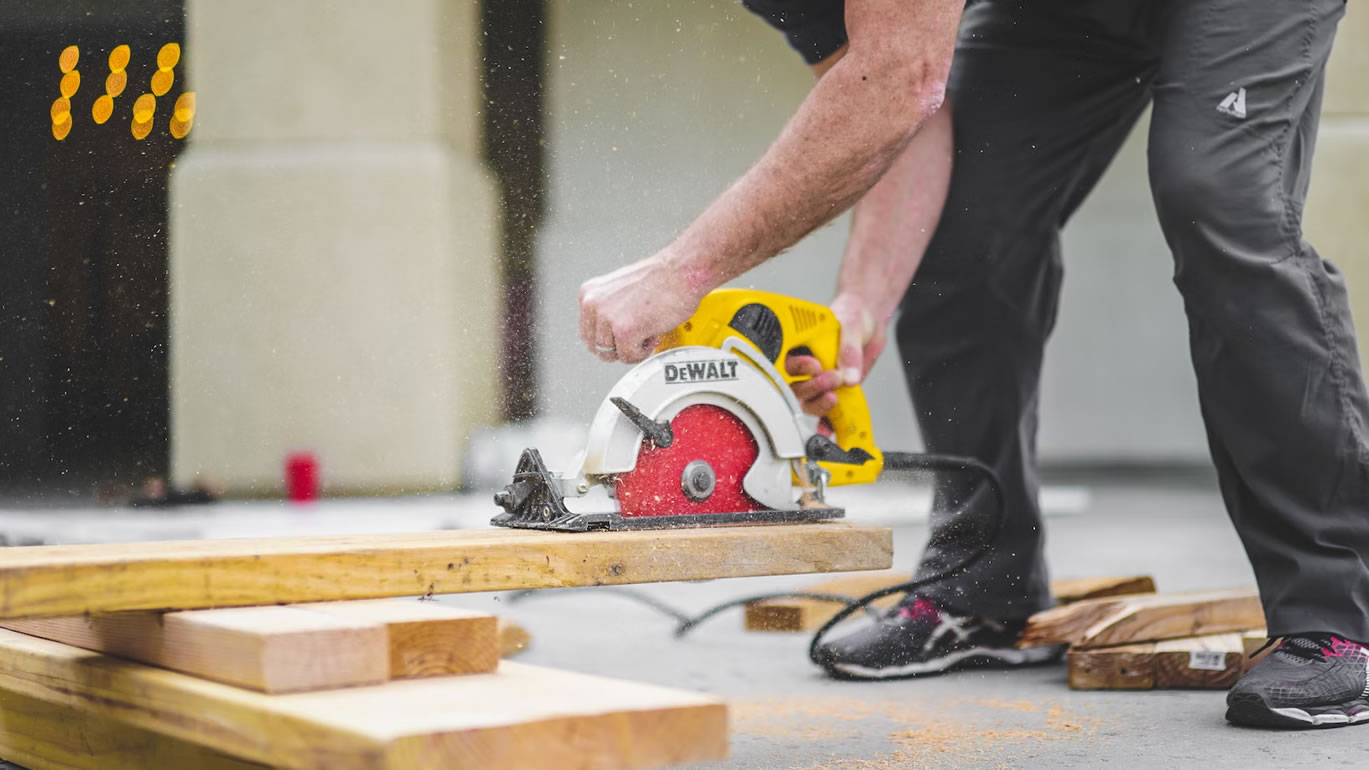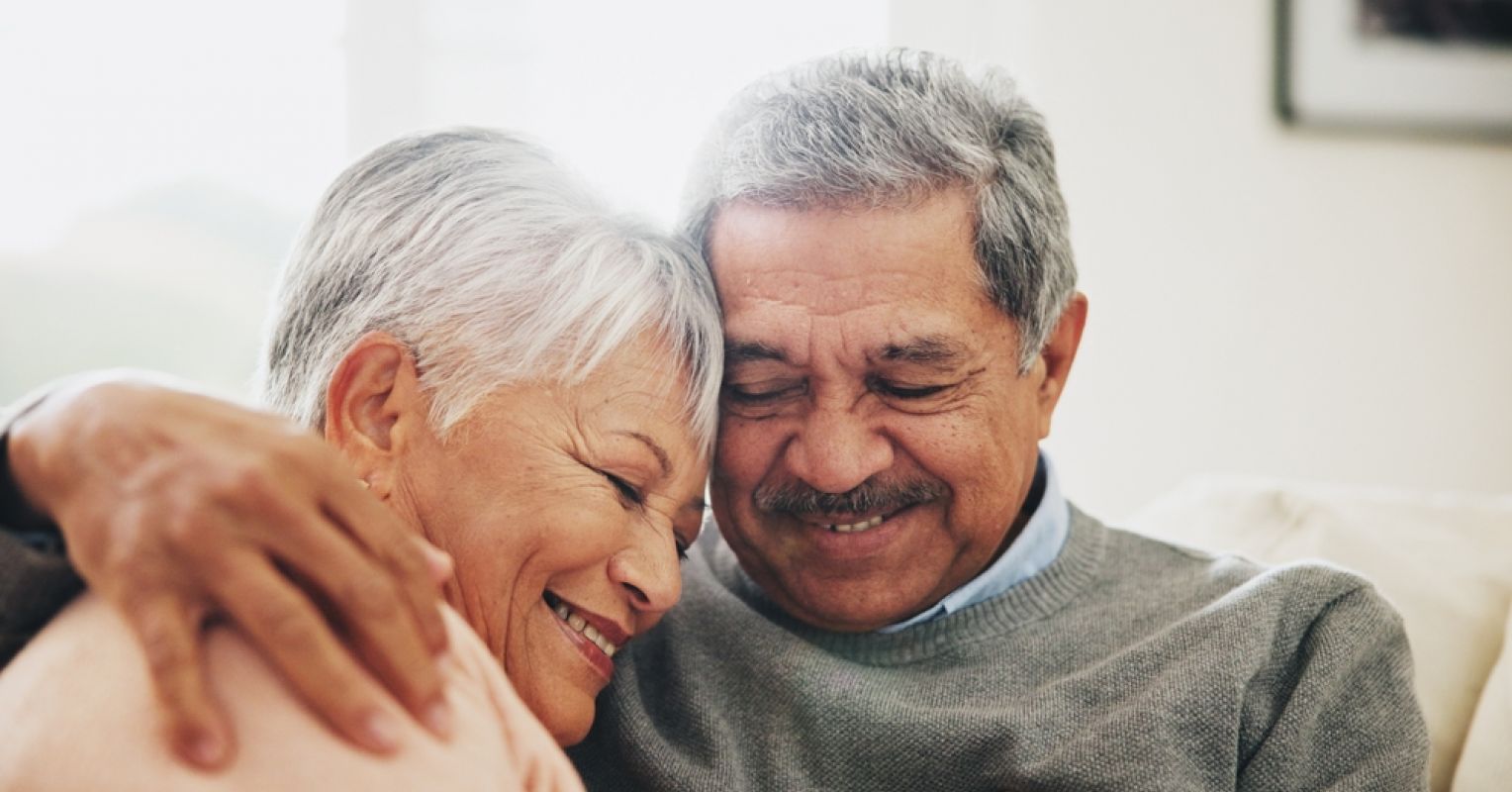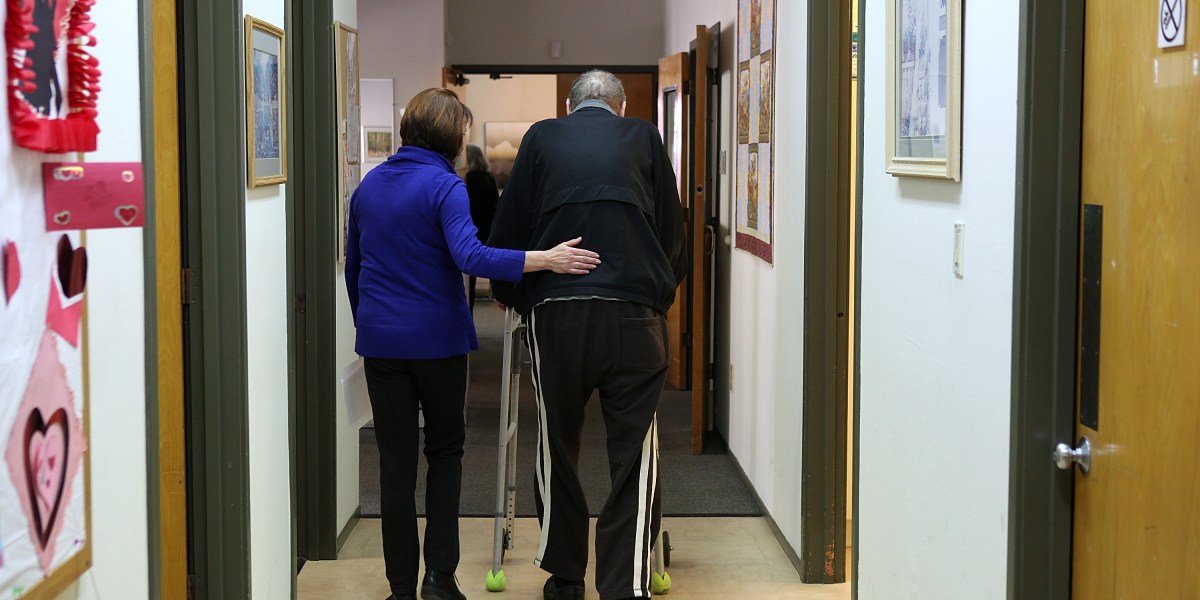fromLos Angeles Times
6 days agoThis fairy-tale coastal town has long avoided street addresses. Those days are numbered
The address issue has long been contentious in artsy Carmel-by-the-Sea, where residents once threatened to secede from California if they were forced to number their homes. They argued that the lack of addresses - along with other quirks, such as having no streetlights or sidewalks in residential areas, leading many to walk at night with flashlights - added to the vaunted "village character."
California















